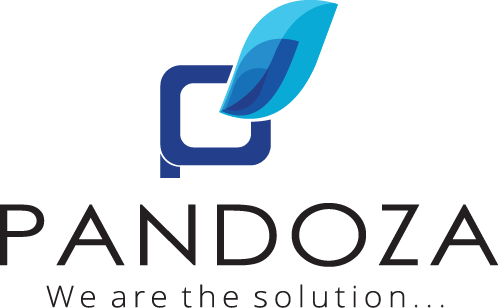Health tourism, often medical tourism, has gained significant momentum worldwide in recent years. It involves travelling abroad to access medical, dental, or cosmetic treatments. This article explores India’s advantages, potential risks, and pivotal role in this burgeoning industry, aiming to provide valuable insights for those considering healthcare options beyond their borders.
Understanding Health Tourism: A Brief Overview Health tourism, synonymous with medical tourism, is journeying to seek specialized medical care in foreign countries. This trend has seen exponential growth, attributed mainly to the following key advantages:
- Cost-Effectiveness: Health tourism provides a cost-effective alternative for patients facing soaring healthcare expenses in their home countries. The affordability arises from lower labour costs in destination nations without compromising the quality of care.
- High-Quality Healthcare: Accredited medical centres worldwide, certified by renowned organizations to ensure that patients receive world-class medical treatment.
- Immediate Service: Health tourism prioritizes patients’ needs, granting them access to healthcare services without the protracted wait times often associated with healthcare systems in some countries.
- Wellness and Medical Tourism: In addition to medical procedures, health tourism often offers wellness packages that combine medical treatments with relaxation and recovery in scenic locations, promoting holistic well-being.
Showcasing India’s Excellence in Medical Tourism With its rich cultural heritage and advanced healthcare infrastructure, India has emerged as a global leader in medical tourism. The country offers various treatments, including cardiac surgery, organ transplants, and cosmetic procedures at highly competitive prices.
This vibrant sector exemplifies the significance of medical tourism in widening access to quality healthcare and enhancing treatment options.Navigating Risks in Health TourismWhile health tourism presents compelling advantages, it is not without its risks:
- Quality Assurance: While many medical centres abroad are accredited, some concerns about consistency in care quality persist. Thorough research and due diligence are crucial in selecting a reliable facility.
- Language Barriers: Communication challenges can arise when seeking treatment in a foreign country, potentially affecting patient-doctor interactions. Choosing facilities with English-speaking staff can alleviate this concern.
- Travel-Related Risks: Long-distance travel for medical needs carries inherent risks, including complications during the journey or challenges in obtaining necessary post-operative care. Adequate travel planning and aftercare arrangements are vital.
Conclusion: The Power of Health tourism has emerged as a transformative force in the healthcare industry, democratizing access to world-class medical care. It offers patients various benefits, including cost-effective treatment options and access to high-quality healthcare facilities. While navigating potential risks is essential, the burgeoning industry, exemplified by India’s prominence, underscores the importance of medical tourism in redefining healthcare accessibility globally.






